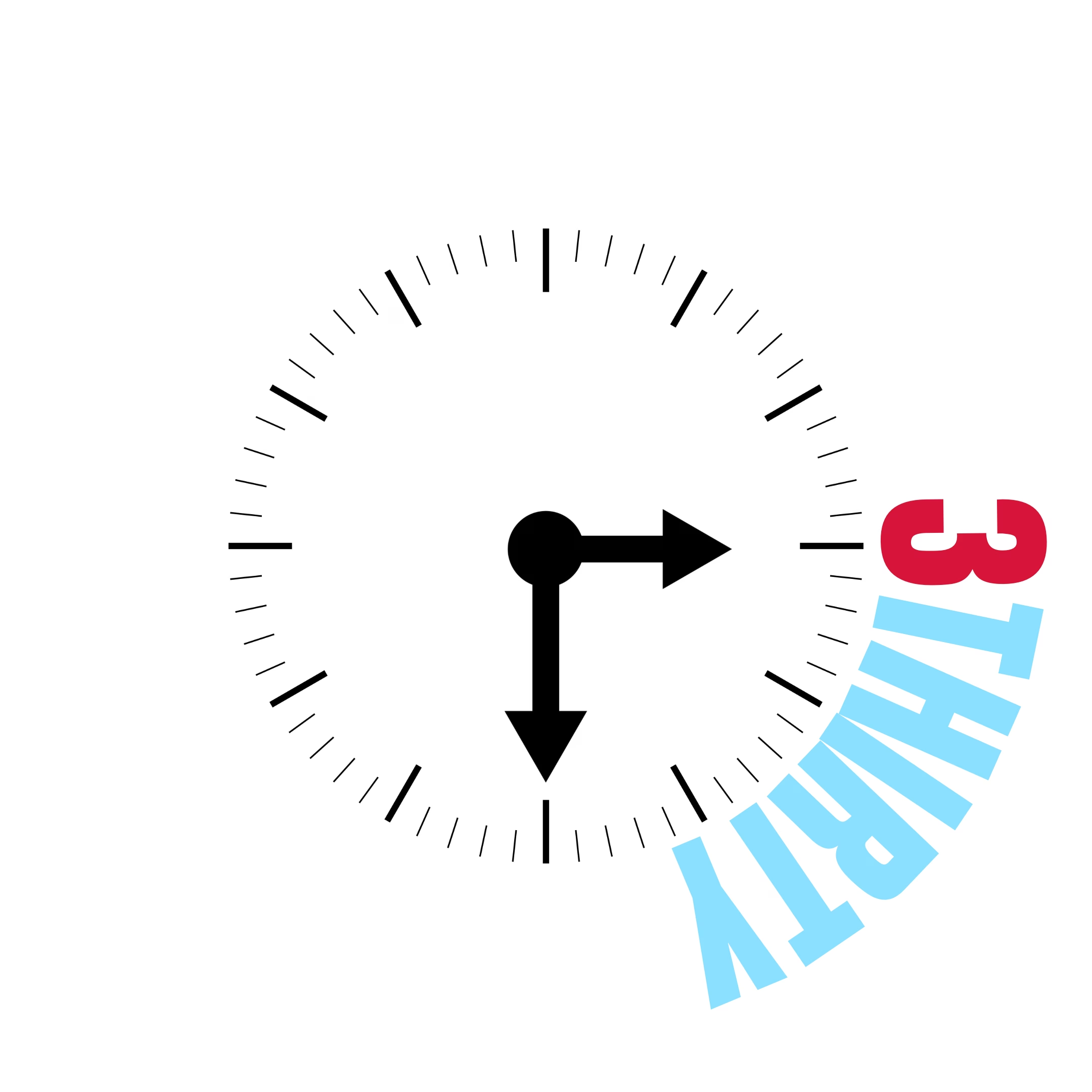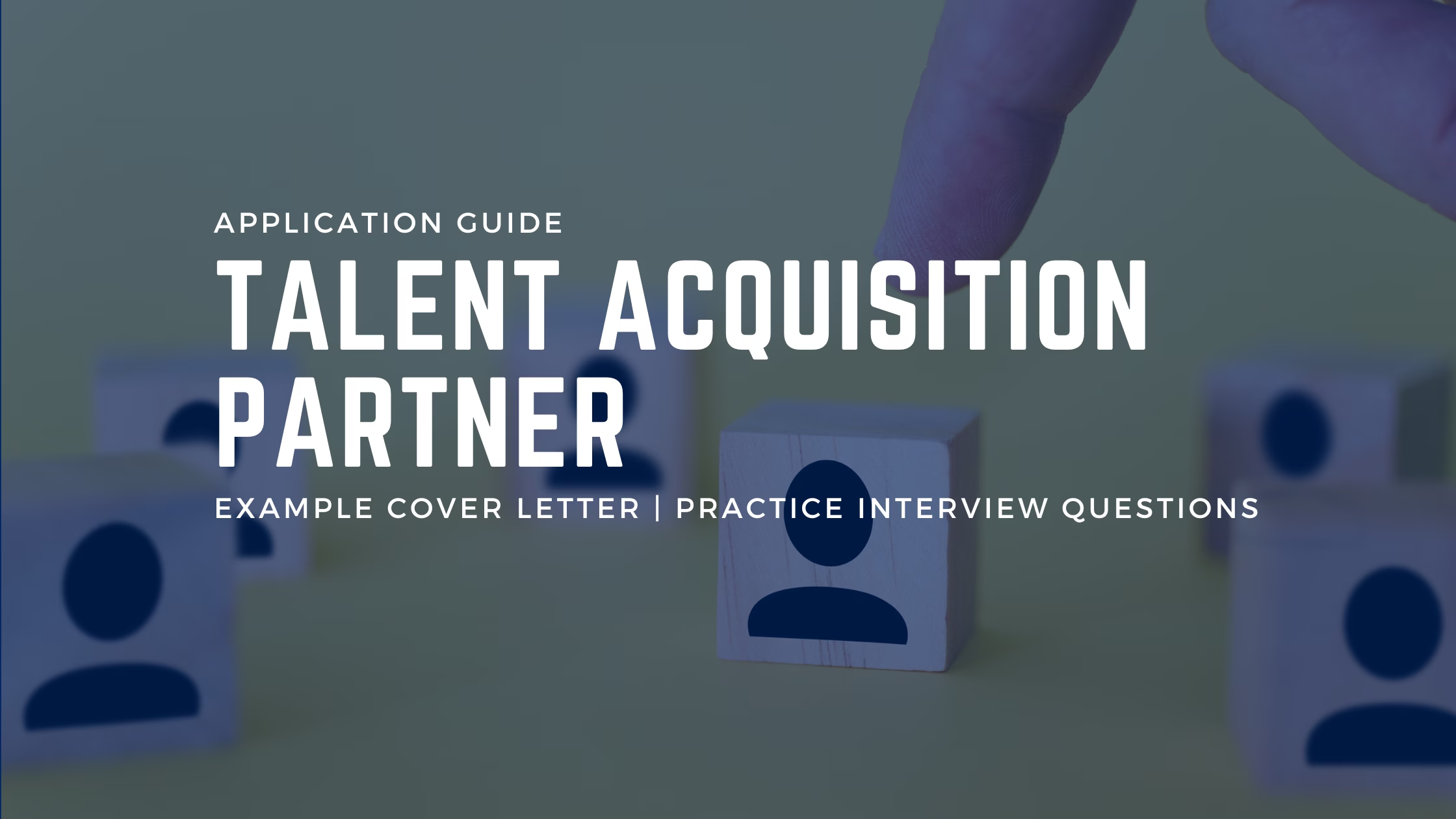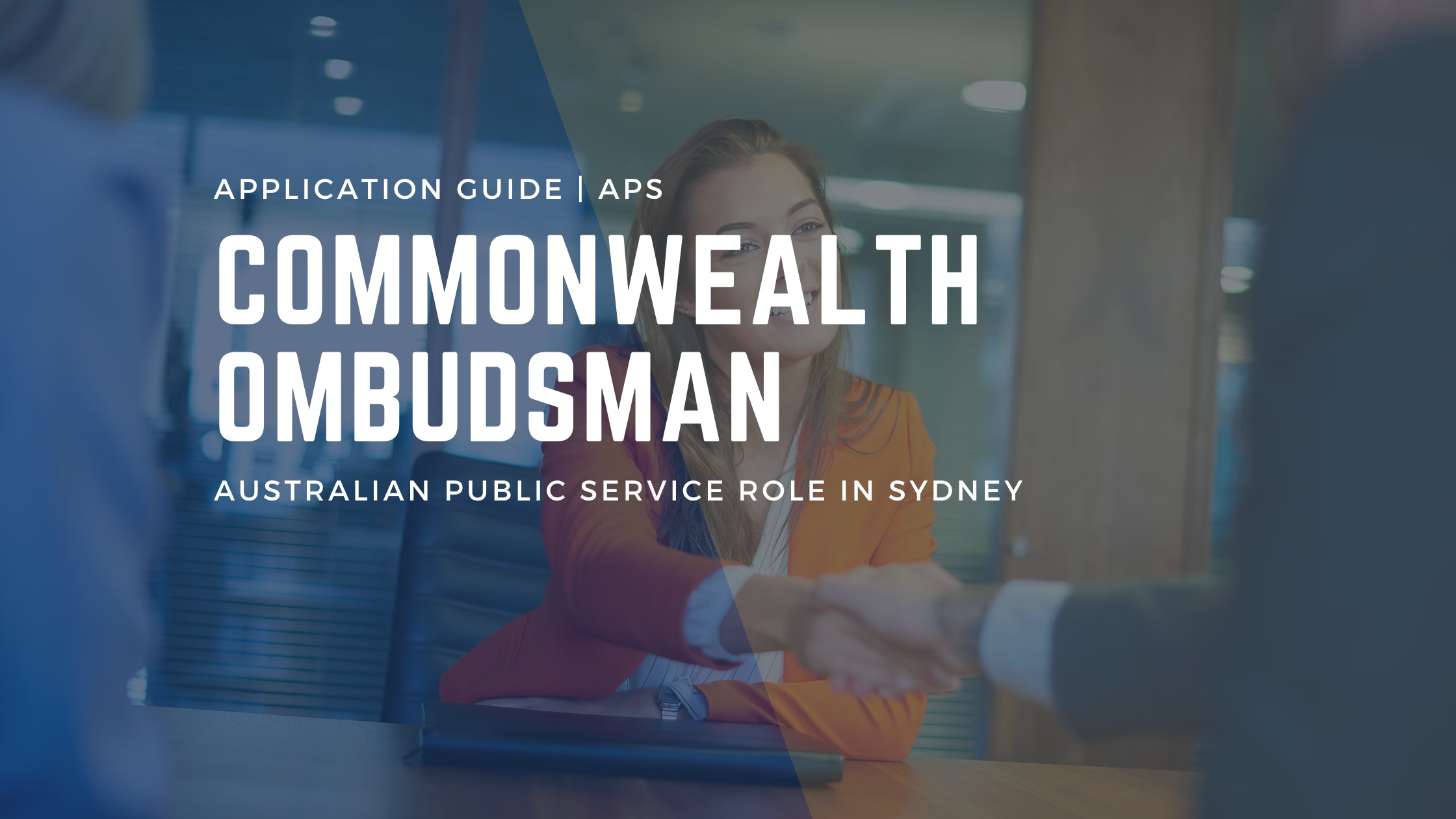At the end of every government panel interview, you’re normally asked, “Do you have any questions for us?”
For nearly all candidates, this part of the interview is completely irrelevant to your outcome. It’s normally used as a chance for the panel to relax, and for you to also find out a bit more about the role.
Over the years, as I’ve listened to candidates, there have been only a few standouts. Most candidates ask the same question, which I think you should avoid. It makes you pretty forgettable and misses a huge opportunity for you.
I’ll tell you why I think you should avoid asking these questions at the end of your interview. Plus, I’ll share what I see as the best question—and it works for nearly every government job!
Table of Contents
Common Questions To Avoid At The End Of Your Interview
I’ve picked out the three most common questions that I see candidates ask at the end of their interview.
If you’re reading these and think, “Hey! I just asked that!” – don’t worry. It’s okay if you’ve asked these before. It wouldn’t have been the thing that did or didn’t get you the job, but I’m recommending you NEVER ask them again.
Three Questions To Avoid Asking At The End of Your Interview
01
Can I Work From Home?
02
How long until I find out if I got the job?
03
Is someone already acting in the role?
So, first impressions—what’s wrong with any of these questions?
I’ll explain why each one is best avoided, but in general, you want to think about how to use this opportunity well.
At the end of your interview, your panel will start to switch off. They’ll check the time and wonder if they have a moment to go to the bathroom before the next interview.
But they’re still in assessment mode. Their whole day is likely blocked out to review and evaluate candidates.
If you ask one of the common questions above, the panel will keep half-listening while the hiring manager gives the same answer they gave to the last candidate.
Or—here’s the alternative—you could ask something that makes them think. Even better, ask a question that gets them to imagine what life would be like with you in the role.
But more on that soon.
First, let me walk you through each of the common questions and the impression it might leave on your panel.
Question One: Can I Work From Home?
If you’re asking this question at the end of your interview, you’re probably in one of two situations.
Ask yourself: if you were offered this job right now, but couldn’t work from home, would you decline it?
Situation: You Need to Work From Home
You might absolutely need to work from home. If this role isn’t available as a mostly-remote job, you won’t be able to accept it.
If that’s the case, I recommend one of two approaches:
1. Ask the hiring manager when you apply.
If you call them, try saying something like:
“I saw the role in your team and I think I’d be a great fit and bring a lot of value. I do have some outside-of-work commitments that mean I’d need some flexibility and would be asking to work from home most days. Do you think that’s something you could accommodate?”
You’ll usually get one of three responses:
- Clear no: If the role is 100% on-site, they’ll likely tell you straight away. For example, a job based in a police station will almost always require attendance in person. If WFH is a dealbreaker—no need to apply.
- Clear yes: If the manager supports WFH, they’ll probably rave about how flexible the role is and encourage you to apply.
- Vague middle ground: Many managers will give a classic public sector answer: “We’ll work through that with the successful candidate.”
That’s not a yes. But most importantly, it’s not a no. If that’s the response, submit a strong application. Don’t raise it again in the interview—wait until you’ve been offered the role and negotiate from there.
2. Ask after the job offer.
If WFH is essential for you, you can wait until the recruitment process is over to raise it. Once you’ve been offered the job, you may be in a better negotiating position. If they say no at that point, it would have been the same answer if you’d asked earlier.
And if you don’t get offered the role, it won’t matter—you never needed to ask, and you avoided wasting a question during the interview.
Some candidates ask this at the end of the interview so they “don’t waste the panel’s time.” But that’s false—if you’ve already been shortlisted, the panel has chosen to invest time in you. Don’t throw away a chance to ask something more meaningful.
Situation: WFH Is Your Preference
Above, I talked about what to do if you must work from home—if you’d decline the job offer if remote work wasn’t possible.
But many candidates who ask this question are just testing the waters. They don’t need to work remotely, but they’d love it if they could.
If that’s you, don’t ask this question during the interview.
Why? Because it can raise a red flag. The panel might assume you only want the job if you can work from home full-time. It can subtly shift their perception of your motivation.
And don’t call up the contact officer before applying either—if it’s not a dealbreaker, you don’t need to confirm WFH arrangements upfront.
Instead, wait until you’ve been offered the role. That’s when you’ll be in the best position to negotiate your flexible working conditions.
Question Two: How long until I find out the next steps?
This is easily the most common question public sector candidates ask. There must be a top-ranking blog somewhere that tells everyone to say this.
But here’s why you shouldn’t ask it: you’ll get a bad answer.
I consider myself a pretty organised hiring manager—especially when it comes to recruitment. But even I will give you the same mistruth filled response as everyone else:
“We’re hoping to move quickly and get the role filled as soon as possible.”
I’m trying to tell you “not too long”. Technically, not a lie. But also… Never true.
Because here’s the truth: it’s always slower than we want. Even if I think I can finalise things in six weeks, chances are it’ll take eight. It’s public sector Murphy’s Law.
You might be thinking: “But I need to know—I’ve got another job offer coming.”
Unfortunately, asking the panel won’t speed anything up. As a government hiring manager, I already treat every recruitment report as urgent. I push for approvals. I escalate delays. I chase sign-offs.
But even with all that, it still takes time. I’ve lost incredible candidates because they accepted another job while my process dragged on for 12 weeks.
It sucks. But that’s how it goes.
So don’t waste your final interview moment on a question that:
- Doesn’t change anything,
- Gives you no real info,
- And leaves no strong impression.
You can follow up by email later. Save your interview question for something that adds value—to you and to the panel.
Question Three: Is someone acting in the role?
This question often comes from a big misunderstanding about how public sector recruitment works.
Some candidates believe the government posts “ghost” jobs—phony recruitment opportunities just to tick a box. The theory is: if someone is already acting in the role, the manager is just going through the motions. The outcome is already decided. It’s all a show.
Let me be clear: that’s not how it works.
Yes, there are questionable recruitment outcomes in government. But here’s the truth—if a shady manager wants to hire their mate, it doesn’t matter whether that person is already acting in the role or not. Shaders gonna shade. If someone’s determined to bend the rules, they’ll find a way.
But—and this is important—this is extremely rare. In over a decade in the sector, I’ve only seen one truly dodgy recruitment play. And trust me, it was very obvious.
Now, if someone is acting in the role and their manager likes them, they do have an advantage. They know the work, they’re already trusted, and they don’t need to prove themselves to that manager.
But that doesn’t guarantee anything.
They still need to go through the exact same process. They need to write a competitive application, perform well in the interview, and be assessed by a panel—which usually includes people they don’t know.
Personally, I’ve twice competed against long-term incumbents in public sector roles as an external candidate—and I won both times. It can be done.
So if you ask me this question when I’m your hiring manager, here’s how I interpret it:
- You either think I’m not running a fair process,
- Or you don’t believe you’re good enough to beat the internal candidate.
Neither impression helps you.
If you suspect someone is acting in the role—just assume they are. But back yourself to be better. That’s what will stand out.
The Best AND ONLY Question To Ask At The End Of Your Interview
Here it is:
“When I start, what would be your priorities for me in the first three months?”
And if you can, use those exact words.
Let me break it down and explain why I love this question so much.
“When I start…”
You’re planting a seed. You’re getting the hiring manager to imagine a future where you got the job. It’s a subtle but powerful psychological nudge that shifts their thinking from “if” to “when.”
“…what would be your priorities for me…”
Now you’re inviting them to picture the two of you working together. You’re prompting them to visualise onboarding you, setting you up, giving you direction. This positions you as a future colleague—not just another candidate.
It also says a lot about how you want to work:
- You want to hit the ground running.
- You want clarity and shared expectations.
- You want to focus on what matters to your new manager.
“…in the first three months?”
This timeframe matters. It keeps the answer grounded in short-term, tangible goals. It also gets the hiring manager thinking about what they need most—and gives them a chance to talk about their team, their workload, and their leadership style.
Which most people love doing.
Overall, this question shows maturity, confidence, and a practical mindset. It gives you a much clearer sense of the real job—more than what’s in the vague government role description.
And importantly? It leaves a strong final impression.
Get More Government Job Interview Tips
If you’ve got a government job interview coming up, I’ve got resources to help you feel fully prepared. The best way to get interview-ready is by booking a practice government job interview—a realistic session where you’ll answer the kinds of questions you’re likely to face, and get real-time feedback on how you’re performing.
When you book, you’ll also get instant access to the Government Job Interview Question and Answer Workbooks. These include a wide range of sample questions and clear, practical examples showing how to structure strong STAR method responses.




